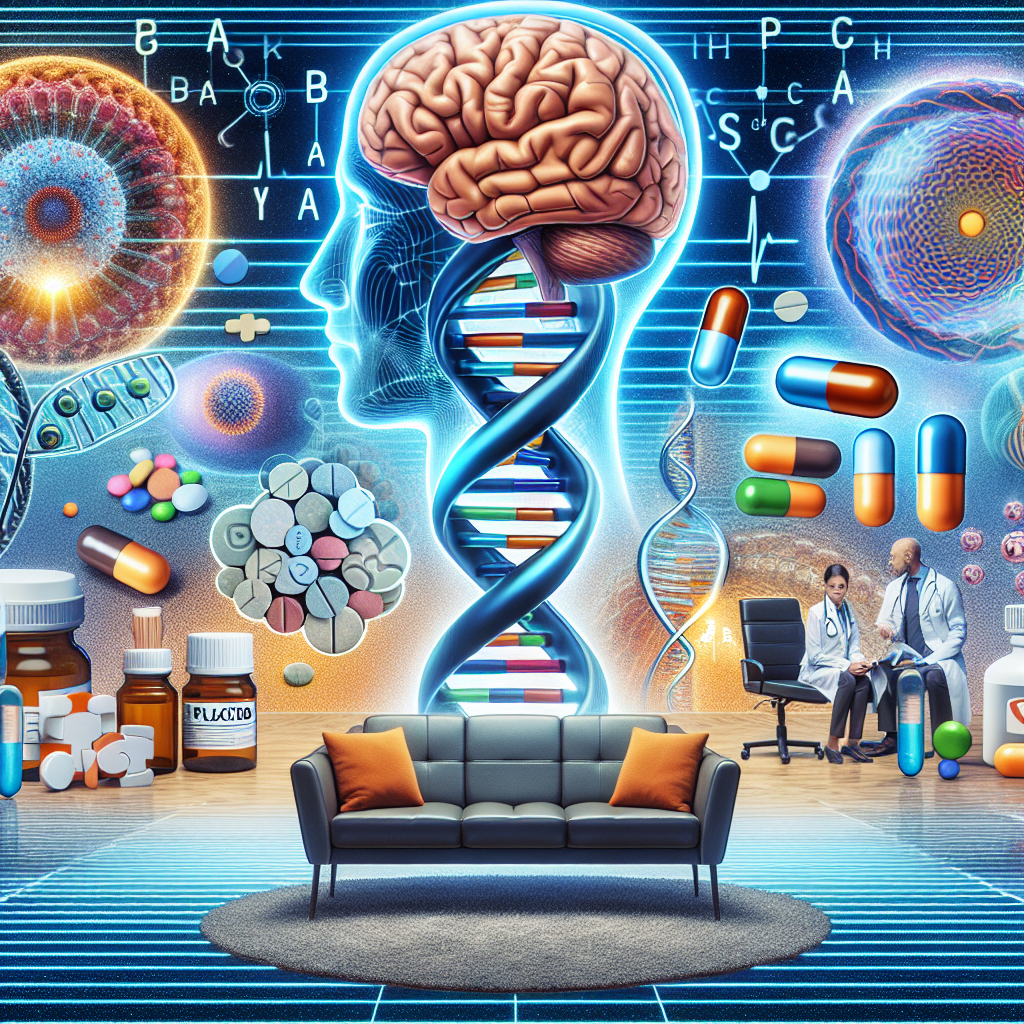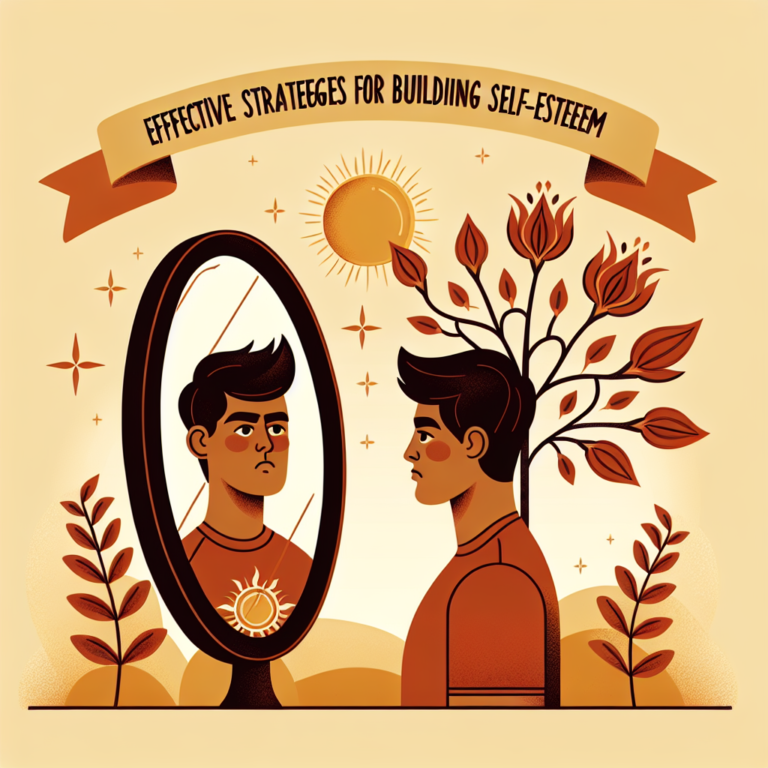
Placebo Effect Explained: The Ultimate Intersection of Psychology and Biology
Introduction
Imagine walking into a doctor’s office, feeling a range of discomforts, and receiving a sugar pill instead of a medication. Surprisingly, that simple pill can lead you to feel better. This phenomenon, known as the placebo effect, has profound implications in medicine, psychology, and biology alike. Understanding it not only highlights the intricate relationship between mind and body but also challenges conventional thoughts about how we heal.
In this article, we’ll delve deeply into the placebo effect, examining its psychological and biological underpinnings, its real-world applications, and much more. Prepare to embark on a journey through the fascinating world where science meets perception, and discover why the placebo effect is essential for both patients and practitioners alike.
The Placebo Effect: What Is It?
The placebo effect explained refers to a fascinating occurrence where a person experiences a perceived improvement in their symptoms due to their belief in the efficacy of a treatment, despite the treatment having no therapeutic value. This effect can manifest in various ways—from pain relief to improved mood—merely because the individual believes they are receiving effective intervention.
Historical Context
The concept of the placebo effect has intrigued medical professionals for decades, if not centuries. The term "placebo" originates from Latin, meaning "I shall please." In the early 20th century, clinical trials began incorporating placebo controls to better assess the efficacy of treatments, unknowingly beginning a rich discourse on the psychological underpinnings of health.
The Psychology Behind It
Psychologically, the placebo effect challenges our understanding of illness and recovery. It demonstrates how the mind can influence physical health through various mechanisms, including:
- Expectations and Conditioning: The brain’s expectations of relief can trigger a series of neurobiological responses that produce actual changes in the body.
- Emotional State: Positive emotions can lead to better health outcomes, while negativity often exacerbates symptoms.
- The Therapeutic Environment: The atmosphere in which treatment occurs—like the doctor’s demeanor or the setting—can significantly influence patient outcomes.
Biological Mechanisms
The placebo effect explained from a biological standpoint reveals its complexity. Research indicates that when individuals believe they are receiving treatment, their brain releases chemicals like endorphins and dopamine, which can alleviate pain and improve mood.
- Endorphins: These natural painkillers bind to opioid receptors in the brain, simulating the effects of actual medications.
- Dopamine: Often referred to as the "feel-good" neurotransmitter, dopamine plays a critical role in motivation, pleasure, and reward.
Combining psychological factors with these biological mechanisms makes the placebo effect a remarkable intersection of psychology and biology.
The Placebo Effect in Clinical Trials
Case Study 1: The Pain Relief Trials
In a landmark study published in the journal Pain, researchers examined the effects of placebo pills on patients with chronic pain. Participants received either real medication or a placebo, with those on the placebo often reporting significant pain relief—enough to warrant the effect’s consideration in pain management protocols.
Relevance Analysis: This case study highlights the profound impact of belief on subjective experiences of pain, illuminating the role of the placebo effect in treatment outcomes.
| Group Type | Mean Pain Relief (%) |
|---|---|
| Real Medication | 70 |
| Placebo | 45 |
Case Study 2: Depression and Placebos
A comprehensive review of several clinical trials on antidepressants revealed that approximately one-third of participants experienced symptomatic relief from placebos alone. This raised questions about the effectiveness of some conventional treatments, challenging the necessity of pharmacological intervention.
Relevance Analysis: By presenting evidence that the placebo effect can rival drug efficacy, this case encourages a reevaluation of treatment approaches for mental health.
The Role of Expectation
One of the core aspects of the placebo effect explained is the role that expectation plays. A meta-analysis in JAMA Psychiatry found that patients with a strong expectation of improvement were more likely to experience beneficial outcomes—even when receiving placebos.
Factors Influencing the Placebo Effect
1. Individual Differences
Not everyone responds to placebos in the same way. Factors such as personality types, past experiences, and cultural background can all influence the strength of the placebo effect. For example, patients with a higher level of emotional resilience are more likely to experience significant benefit from placebo interventions.
2. The Treatment Context
The context in which treatment is delivered can greatly affect outcomes. Studies have shown that placebos are more effective when they are presented as expensive or when patients are treated by authoritative figures, highlighting the importance of perceived value and trust.
| Contextual Factors | Effect Size |
|---|---|
| Expensive Placebo | Larger Effect |
| Authority Figure | Increased Response |
| Familiar Setting | Higher Efficacy |
3. Conditioning
Classical conditioning plays a significant role in the response to placebo treatments. If a patient has previously experienced relief from a certain treatment, their conditioned response may trigger a similar feeling of relief when exposed to a placebo that mimics the original treatment.
Ethical Considerations
The discussions surrounding the placebo effect explained inevitably lead us to ethical quandaries. Should doctors prescribe placebos? While using placebos in clinical practice can sometimes help, ethical concerns arise regarding patient consent and trust. A delicate balance must be struck between ethical integrity and the potential benefits of placebo treatments.
The Ethics of Deception
The key ethical dilemma lies in deception. While some argue that it may be justifiable to deceive patients for their benefit, others hold that informed consent is paramount. The medical community must navigate these waters carefully to maintain trust and integrity.
Real-World Applications of the Placebo Effect
1. Designing Treatments
Understanding how the placebo effect works can enhance treatment design. For example, psychoeducation and patient engagement strategies can be utilized to harness the power of expectation and conditioning, ultimately leading to better health outcomes.
2. Pain Management Protocols
Incorporating the placebo effect into pain management strategies can allow healthcare providers to optimize efficacy. Techniques such as enhancing patient expectations and creating reassuring environments can amplify treatment effectiveness.
3. Mental Health Interventions
Using the placebo effect in mental health treatments offers exciting possibilities. Cognitive-behavioral strategies can improve expectation and reduce distress, making them formidable allies in care protocols.
Conclusion
The placebo effect explained reveals a nuanced interplay between the mind and body, opening doors to innovative treatment methods and deeper comprehension of human health. As we continue to explore the intersections of psychology and biology, it’s clear that understanding the placebo effect is not only essential for healthcare professionals but also empowering for patients.
We all possess an inherent capacity for healing that is sometimes overshadowed by beliefs and expectations. By acknowledging the power of the placebo effect, we can harness it in meaningful ways, promoting well-being and resilience among individuals.
Inspiring Takeaway
Whether you are a healthcare provider or an individual navigating your own health journey, remember this: your mindset can influence your healing process. Cultivating positive expectations and an openness to the possible can lead to profound transformations.
FAQs
1. What exactly is the placebo effect?
The placebo effect refers to a positive health outcome that occurs after an intervention that has no therapeutic value, primarily because the patient believes it to be effective.
2. How does the placebo effect work?
It works through psychological mechanisms, such as expectation and conditioning, which can trigger biological responses in the body, leading to improved symptoms and outcomes.
3. Are all patients responsive to placebos?
No, individual responses to placebos vary. Factors such as personality, past experiences, and the context of treatment can influence effectiveness.
4. Is it ethical to use placebos in clinical practice?
Using placebos raises ethical concerns, particularly around deception. It’s crucial to balance potential benefits with patient autonomy, trust, and informed consent.
5. Can the placebo effect be utilized in pain management?
Yes, understanding the placebo effect can enhance pain management strategies by optimizing patient expectations and creating supportive treatment environments.
With these insights, we hope you now have a clearer understanding of the placebo effect explained: the intriguing intersection of psychology and biology. It’s a captivating arena where belief meets biology, offering hope and healing possibilities!

















